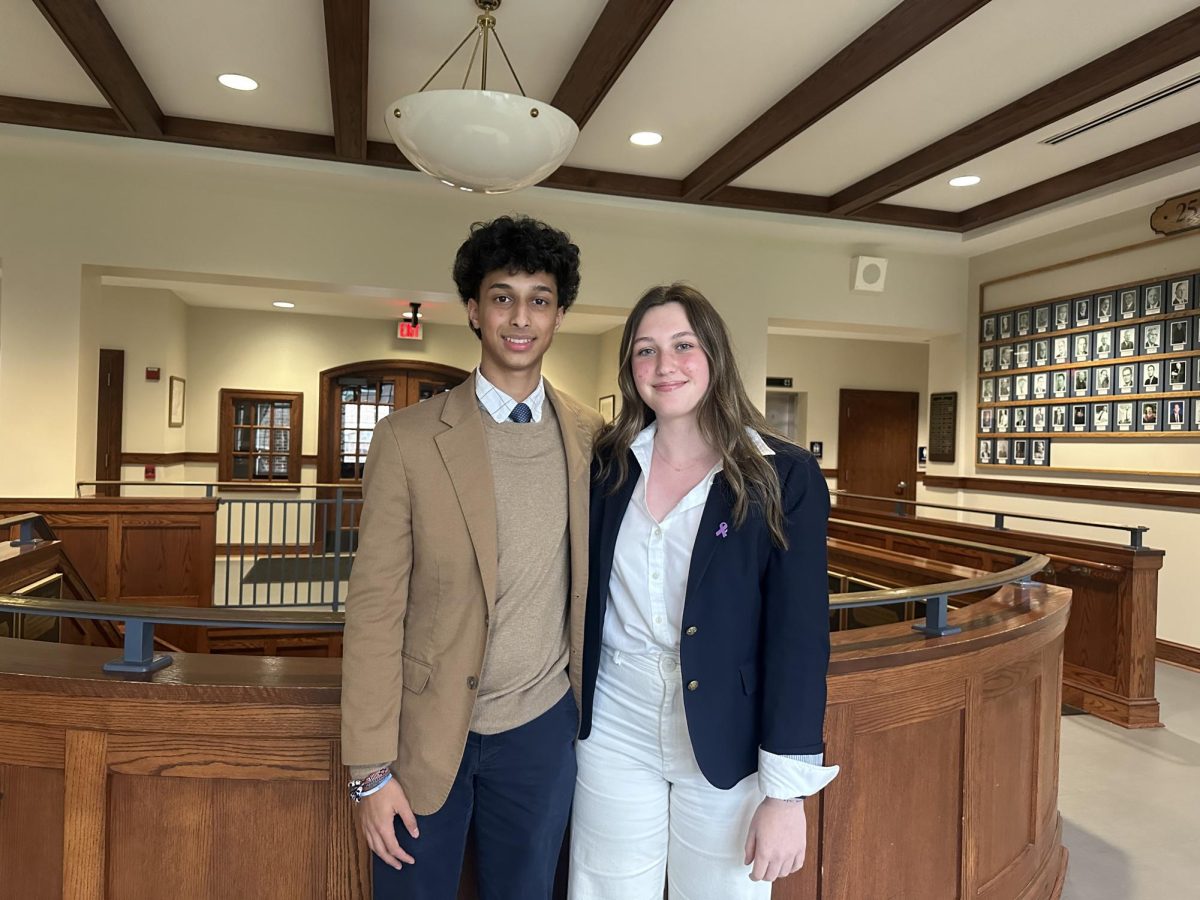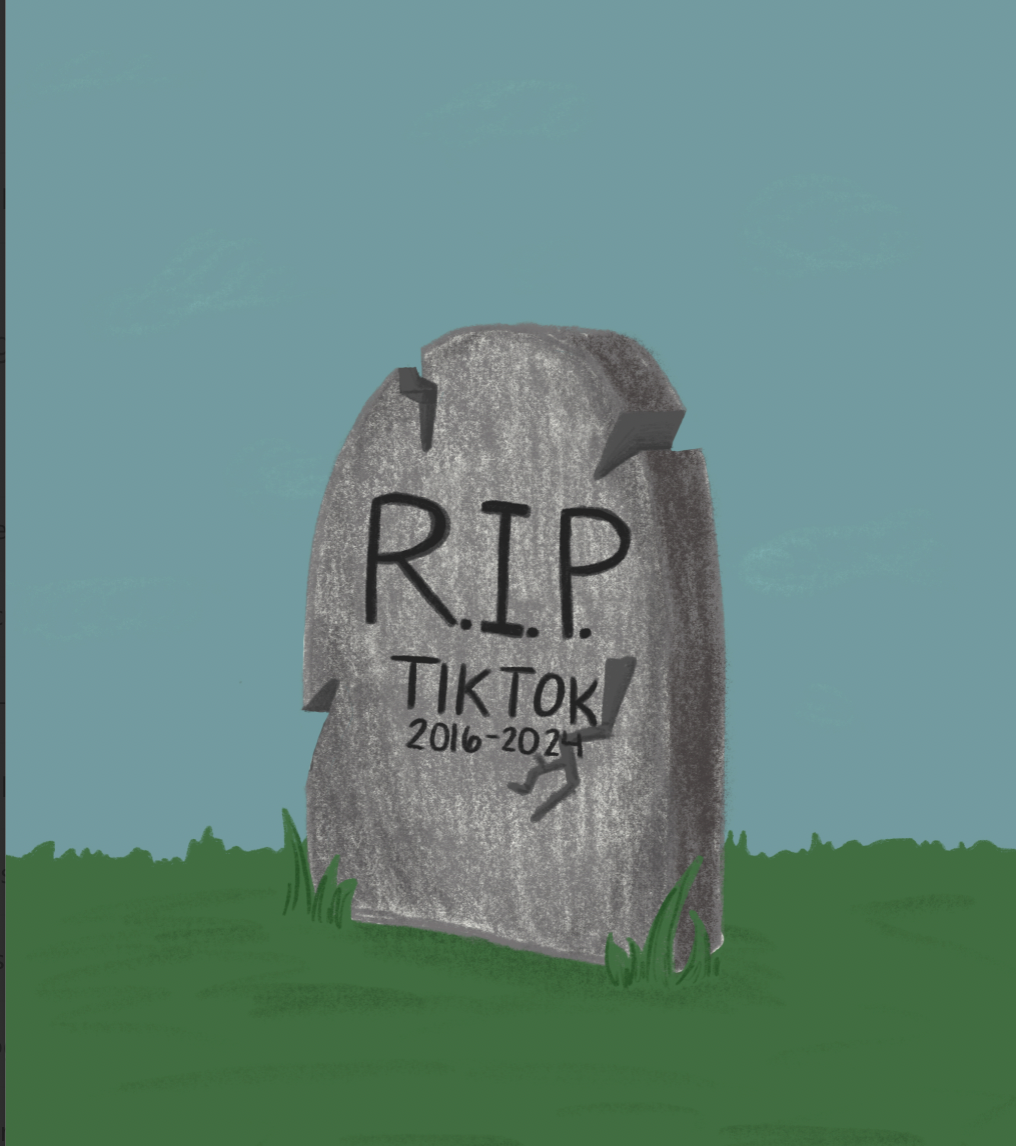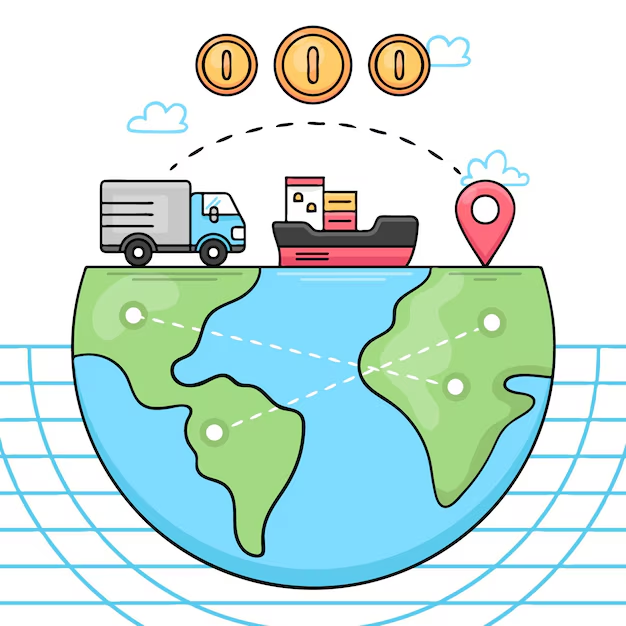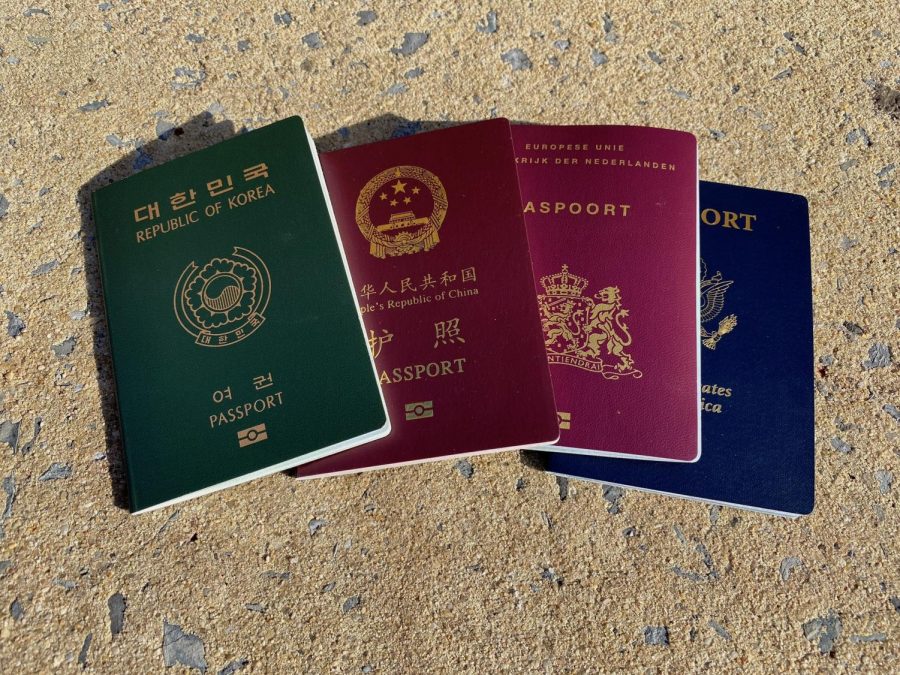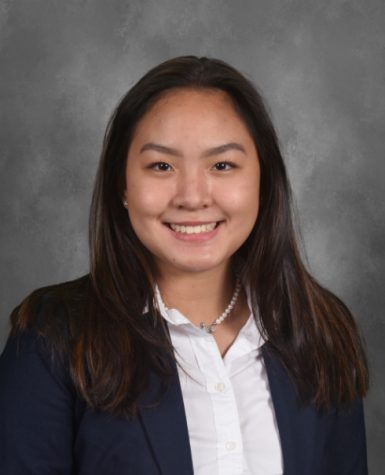Students return from quarantine around the world
As it approaches a year since COVID-19 made its way across the world, the differences in the varying conditions and viral severity in each country, as well as their government’s response, are clear. Examining Hill’s international community brings these disparities to light as students travel back to campus from their respective home countries and the restrictions and freedoms that came with it.
Nigeria had its first case on Feb. 27, 2020, and closely following was its first two-week lockdown on March 30. During this time, all public-nonessential organizations were shut down, such as movie theaters, street shops or workplaces. While international flights were halted, the government still coordinated evacuations for their citizens back into Nigeria. Fifth former Olivia Kalu ’22 was one of the many able to return home aboard one of these evacuation flights.
“Upon arrival, you had to give your passport to the airport authority, get tested and quarantine for two weeks before getting your passport back. You would get your passport back if your result was negative, if positive you were sent to the isolation centers” Kalu said. Today, Nigeria’s peak has passed, allowing public communities and organizations to reopen. However, this case reduction was only the result of the strict mandates of negative viral tests and stay home quarantining. Now all shops and restaurants require extensive sanitation and health checking. Even so, close to 40% of Nigerians live under the poverty line, and the steep price of testing is still an obstacle for the country. Scientists have recently developed a cheaper and faster COVID-19 test kit that will enable testing to be ramped up and hopefully combat these shortages. Read more about the ongoing pandemic situation in Nigeria here.
In Turkey, mandated quarantine has been reoccurring since March of last year when the first case was reported. The public had to abide by a consistent weekend lockdown; and, without a working permit, citizens could not leave their own gated communities. Around April 1, Turkey began monitoring the population more strictly. Travelers quarantined in hotels or even public dorm rooms. To this day, many restaurants have yet to be reopened, leaving contactless delivery to be a widely popularized method for outside dining. To enter larger public areas, it is required to have an app holding a personalized code. “[It] tracks where you have been and if you have been around people with COVID. Everyone at that place within the hour gets notified,” said Lal Yatagan ’21, who was in self-quarantine throughout H-Term before returning to Hill. Today, as the number of new daily cases decreases, larger chain companies such as Starbucks have begun to reopen for the public to enjoy. Though many restrictions are still in place, the tourism industry remains relatively open as foreign visitors are exempt from the curfew. Read more about the ongoing pandemic situation in Turkey here.
One of the first countries the virus reached was South Korea, with the first case reported on Jan. 20 of last year, but the government was strict from the very start. As a result, the tough upsurge of cases was also quick to subside, and the country has been lauded for its successful containing of the virus. It is the only country among the ones mentioned in this piece to be named in the “moderate” level by the CDC, with Nigeria and Turkey two levels above in “very severe.” First, arrivals go through a detailed process including a confirmation of a quarantine location. Next, either at home or at a designated hotel, arrivals install a required country-wide app, where everyone fulfills three check-ins per day. Within three days of arrival, the government officials provide a COVID-19 test and the public is notified of any new confirmed cases. Ellie Lee ’21 was in South Korea under the country’s public restrictions until her return to Hill. “In almost every building / facility you must check-in through an online QR code and get your temperature checks,” Lee said. “Only five people can meet in one area, and all facilities must close by 9 p.m.” With the country’s mask mandate and tight security, South Korea has been and is now one of the best virally safe countries. Read more about the ongoing pandemic situation in South Korea here.
As Lal begins her return to Hill, she is hopeful for a more lenient spring term. “I am really happy Hill decided to take a new approach where it is strict week by week then we can move phases along,” said Yatagan. “As a senior we have had a completely different year than we expected. I think we might have a more normal year with this approach and might even get to have a normal prom or graduation.”
The international students of Hill have experienced different levels of quarantine through their journeys to school or back home. Every experience may have been stricter or looser than the last, but all their experiences reflect global attempts to manage the ongoing pandemic.



